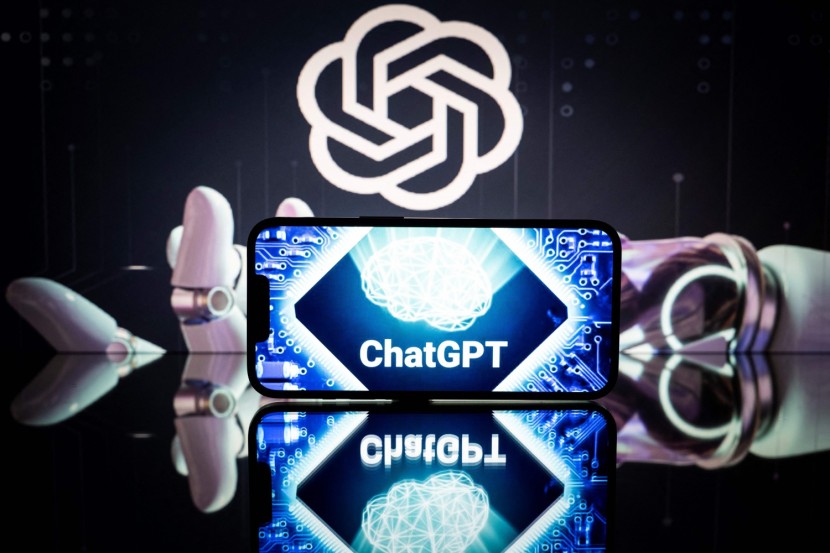OpenAI made a groundbreaking announcement on Tuesday, revealing its latest venture into the world of artificial intelligence: the integration of long-term memory into ChatGPT.
This innovative addition aims to equip the popular chatbot with the capability to retain and recall details from previous conversations, thereby enhancing user experience and functionality. The feature is currently in the experimental phase and accessible to a select group of users for testing purposes.
How It Works

Traditionally, large language models (LLMs) like ChatGPT have operated with two primary memory mechanisms: the inherent memory embedded during training and the in-context memory limited to individual sessions.
However, this paradigm left a significant gap, as ChatGPT would typically reset after each interaction, failing to retain information beyond the current conversation. This limitation hindered its potential as a true digital assistant capable of personalized assistance.
To address this deficiency, OpenAI is introducing a novel memory feature to ChatGPT, enabling the bot to remember crucial details from past interactions and leverage this context in subsequent exchanges.
"We're testing memory with ChatGPT. Remembering things you discuss across all chats saves you from having to repeat information and makes future conversations more helpful," OpenAI announced.
Users now have the ability to instruct ChatGPT to remember specific information, such as personal preferences or important facts, which will be stored and utilized in future interactions.
Moreover, the system autonomously accumulates relevant data over time, aiming to refine its understanding and responsiveness to individual users' needs.
With this addition, as users engage with ChatGPT, its memory capabilities improve, leading to more personalized responses. This enhanced memory feature facilitates a seamless and intuitive experience, empowering users to accomplish tasks efficiently and effectively.
Each customized ChatGPT instance will possess its unique memory repository, tailored to the user's preferences and requirements. For instance, in a scenario like Books GPT, the bot can recall previously read books and genre preferences.
Another example is that users may also inform ChatGPT about their preferences for meeting notes or their occupations, enabling the chatbot to recall and apply this information in future interactions.
User Is Still 'In Control'
The implementation of this memory feature draws parallels with OpenAI's prior initiatives, such as Custom Instructions, which empower users to modify ChatGPT's behavior through personalized prompts.
While the exact technique employed to manage long-term memory remains undisclosed, the concept aligns with existing strategies utilized in LLMs to extend contextual understanding beyond session boundaries.
Potential applications of this memory feature are diverse and encompass a wide range of scenarios, from personalized meeting note formatting to generating content tailored to individual preferences.
Furthermore, OpenAI envisions collaborative benefits for enterprise users, where shared team memories facilitate streamlined workflows and enhanced productivity.
However, the introduction of memory functionality also raises pertinent privacy considerations. Users are advised to remain vigilant regarding the dissemination of personal information and exercise discretion in controlling memory access.
Nonetheless, OpenAI assures users of granular control over memory retention and commits to mitigating privacy risks by refraining from proactively recalling sensitive data without explicit user consent.
"You're in control of ChatGPT's memory. You can explicitly tell it to remember something, ask it what it remembers, and tell it to forget conversationally or through settings. You can also turn it off entirely," OpenAI reassured users.
While this milestone represents a significant leap forward in AI technology, it prompts critical reflections on ethical implications and societal ramifications.
As ChatGPT evolves to emulate human-like memory capabilities, questions surrounding data privacy, algorithmic biases, and ethical decision-making come to the forefront, necessitating ongoing scrutiny and responsible governance.
© 2025 HNGN, All rights reserved. Do not reproduce without permission.








